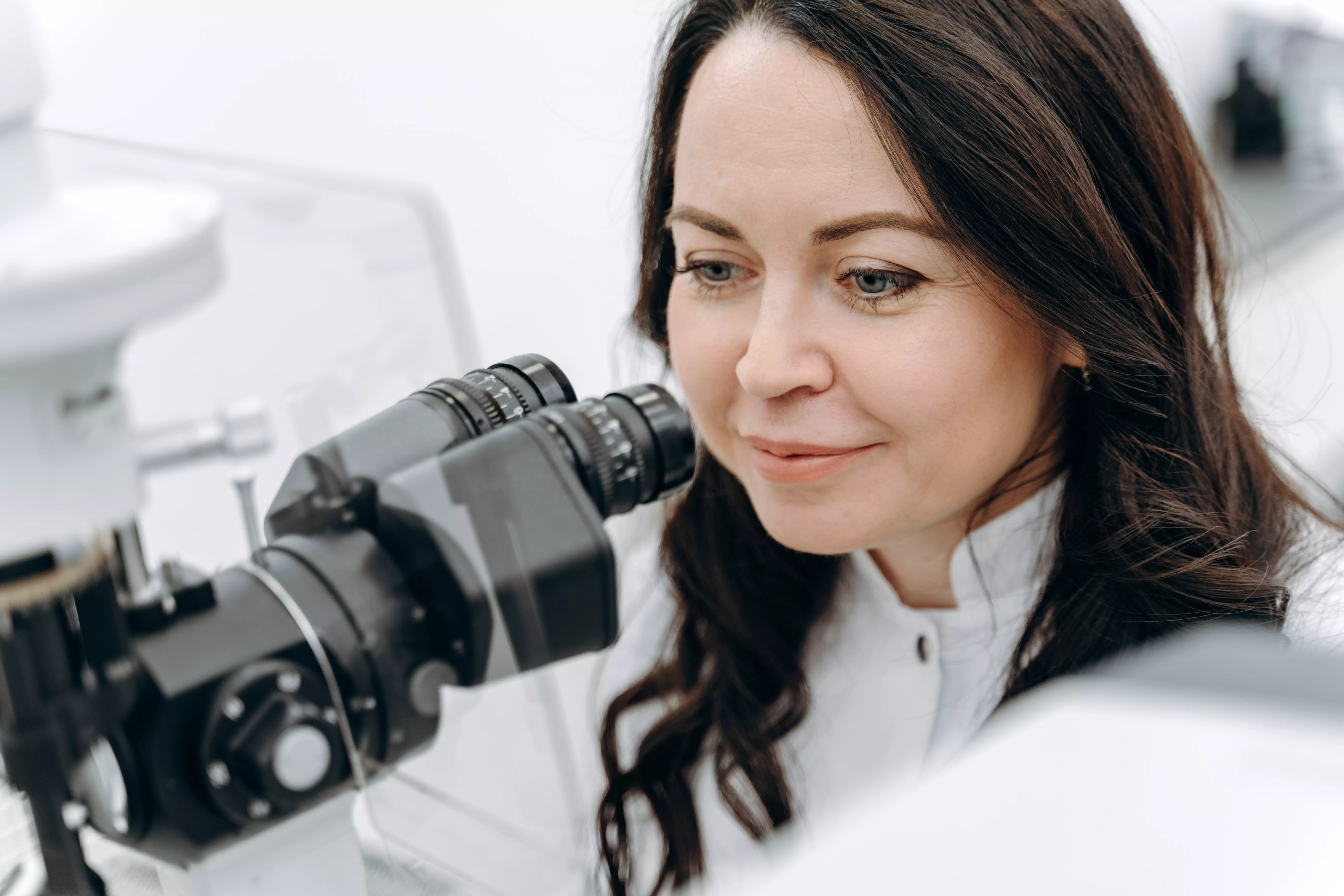Application of artificial intelligence in ophthalmology
Artificial intelligence is changing the face of ophthalmology
Artificial intelligence (AI) is one of the hottest trends in the medical field. Its development is affecting many fields, including ophthalmology. The application of AI in this field is opening up new perspectives and making it possible to diagnose and treat many eye diseases more accurately and quickly.
Diagnosing eye diseases with the help of AI
One of the main applications of AI in ophthalmology is diagnosing eye diseases. With AI-based algorithms, it is possible to analyze a patient's retinal images and other medical data to detect and identify various conditions early on.
When a patient undergoes an eye exam, the doctor can take images of the retina, which are then analyzed by AI algorithms. This makes it possible to detect small changes in the retina, which can indicate degeneration, diabetes or hypertension.
Personalized treatment through AI
AI not only helps diagnose eye diseases, but also influences the treatment process. AI-based algorithms are able to analyze a patient's medical data and test results to create a personalized treatment plan.
Based on the identified eye diseases and the information it has, AI can suggest appropriate medications, treatments or visual aids. This provides the patient with a more effective and personalized approach to treating his or her ailments.
Use of AI in training ophthalmologists
Artificial intelligence is not only revolutionizing the diagnosis and treatment of eye diseases, but is also helping to train new ophthalmologists. Thanks to artificial intelligence, young doctors can hone their skills without having to work on live patients.
Specially developed simulations and AI-based tools make it possible to realistically recreate various clinical cases. This allows ophthalmologists to train their diagnostic and interventional skills, resulting in improved quality of medical care.
The future of ophthalmology using AI
Artificial intelligence is playing an increasingly important role in the field of ophthalmology, and the future seems even more promising. Using this tool, ophthalmologists will be able to diagnose various eye conditions even more accurately, as well as tailor treatment to individual patient characteristics.
The use of AI can also help prevent eye diseases by detecting and reacting to any abnormalities early. This will not only enable more effective treatment, but also prevent complications or permanent damage to patients' health.
Artificial intelligence is changing the face of medicine, not only in ophthalmology. Its development is opening up countless possibilities that not long ago seemed impossible. Thanks to AI, we can count on improving the quality of medical care and reducing the time it takes to diagnose and treat eye diseases.
However, it is worth remembering that AI-based tools are only a support for ophthalmologists, not a replacement for their knowledge and skills. In addition to technology, it is above all the experience and professionalism of doctors that remain crucial in providing effective medical care to patients.